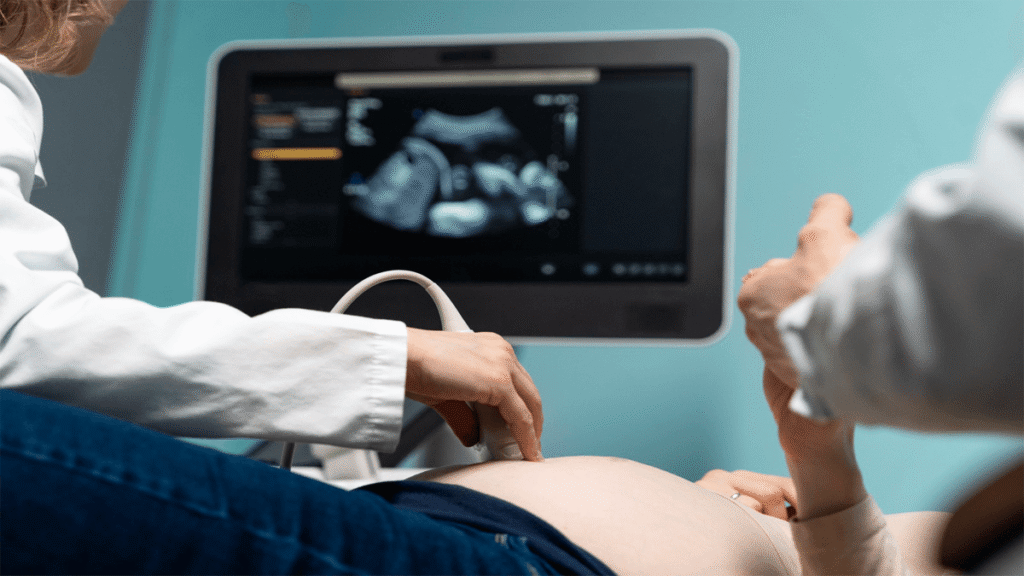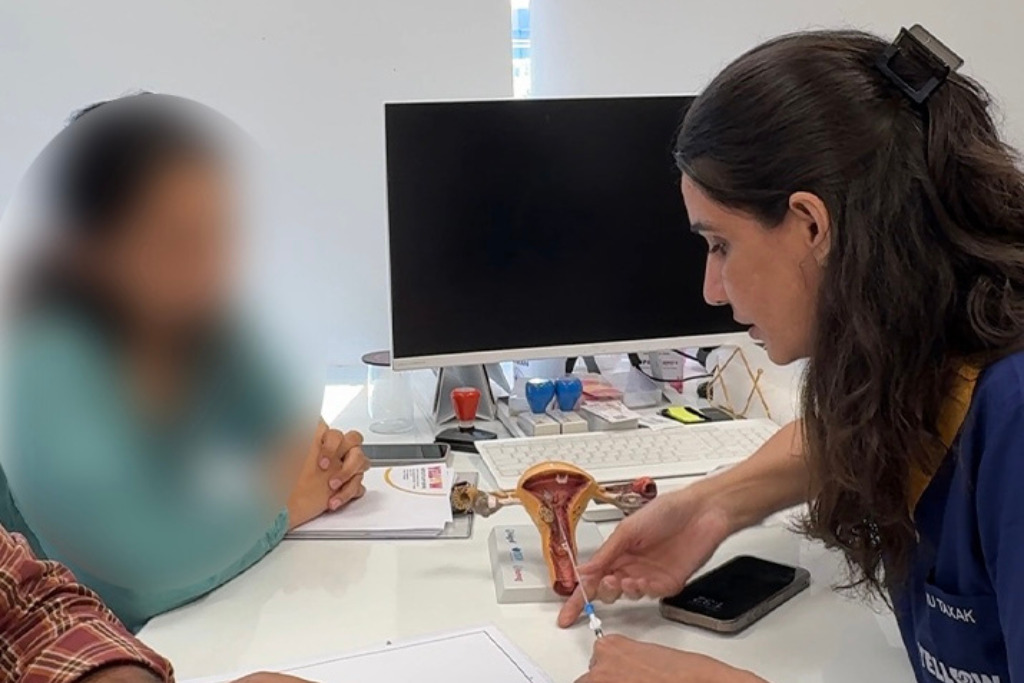Couples exploring IVF as a path to parenthood often have many questions about the process, timeline, and journey ahead. Each stage of IVF requires care and specific precautions to ensure a smooth and successful experience. This article aims to simplify and guide you through the five major stages of IVF, especially if you’re considering treatment at the best IVF hospital in Gurgaon or researching the IVF treatment cost in Gurgaon.
What is IVF?
IVF, or In-Vitro Fertilization, is an assisted reproductive technology that helps couples who face challenges conceiving naturally. In simple terms, it involves combining sperm and egg outside the woman’s body in a laboratory to create an embryo, which is then implanted into the uterus. Many couples choose the best IVF centre in Gurgaon for this procedure due to the advanced technology and high success rates available in the region.
Stages of IVF
The process begins with a visit to the doctor. After the initial consultation, basic tests like egg and semen analysis are conducted to assess fertility health. The IVF procedure, in simple terms, involves stimulating the ovaries to produce eggs, retrieving the matured eggs, collecting the partner’s semen sample, fertilizing the eggs in a lab, and then transferring the developed embryo back into the uterus. Let’s break down each step in detail:

1. Ovarian Stimulation
Women have immature eggs housed in protective sacs called ovarian follicles. During each menstrual cycle, a few follicles grow, but usually only one matures and releases an egg, a process known as ovulation. These follicles also produce estrogen, a key hormone that regulates the menstrual cycle and prepares the body for pregnancy. Ovarian stimulation involves the administration of hormone injections or medications to encourage the ovaries to produce multiple eggs instead of just one. This increases the chances of obtaining a viable embryo for IVF. Throughout this stage, the patient will have several ultrasound appointments to monitor follicle growth. When the follicles reach the appropriate size, the next step—egg retrieval—is scheduled.
2. Egg Retrieval
Once the follicles reach an average diameter of 18-20 mm and estradiol levels are adequately elevated, it is the ideal time for egg retrieval. Patients are advised not to eat or drink anything after midnight the day before the procedure, and detailed pre-procedure instructions are given by the doctor. Egg retrieval is done under general anesthesia to ensure comfort. The process typically takes 10-15 minutes, and the patient wakes up shortly after. Depending on how the patient feels, they may stay for about an hour in recovery. Some discomfort is normal and can be managed with medication.
3. Semen Collection
This step involves the male partner providing a semen sample, typically through self-ejaculation in a private, hygienic space at the clinic. Doctors generally recommend 2 to 5 days of abstinence beforehand for optimal sperm quality. Avoiding smoking, alcohol, and certain medications during this period is also advised. If collecting the sample at home, it must be brought to the clinic within 30–60 minutes, kept at body temperature.
4. Fertilization and Embryo Development
The collected eggs and sperm are fertilized in the lab. This can be done either through conventional mixing in a petri dish or via ICSI (Intracytoplasmic Sperm Injection), where a single sperm is directly injected into an egg. Depending on the case, the doctor may recommend Preimplantation Genetic Testing (PGT), which screens embryos for genetic or chromosomal abnormalities before transfer. This helps ensure only healthy embryos are selected for implantation.
5. Embryo Transfer
Once the embryos are developed, the healthiest one(s) are selected for transfer. A thin, flexible tube is used to place the embryo into the uterus through the cervix under ultrasound guidance. This procedure is usually painless, and patients can resume daily activities afterward. Mild bloating or breast tenderness may occur. A blood test is done within two weeks to confirm pregnancy. If positive, the test is repeated after two days for confirmation.
What if it doesn’t work the first time?
It’s important to understand that not every IVF cycle results in pregnancy. Factors such as sperm and egg quality, age, and lifestyle can influence the outcome. Multiple cycles are sometimes needed. Knowing the IVF treatment cost in Gurgaon can help couples prepare for the journey ahead, especially if more than one cycle is needed.
What to Do Next?
IVF is a journey that requires patience, trust, and emotional resilience. Regardless of the outcome, it’s essential to give yourself time to process and heal. Emotional support, a healthy lifestyle, and open communication with your partner can make the experience more manageable. Remember, you are not alone on this path to parenthood. Choosing the best IVF centre in Gurgaon can provide the expertise and compassionate care you need during this life-changing process.




